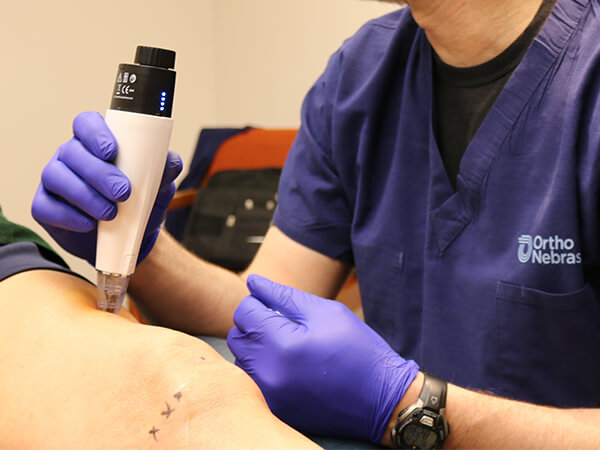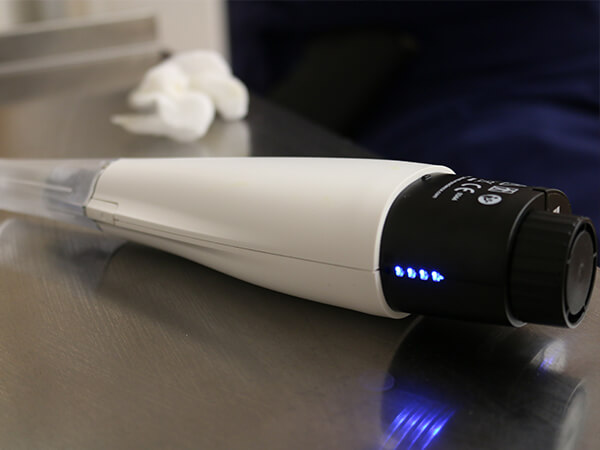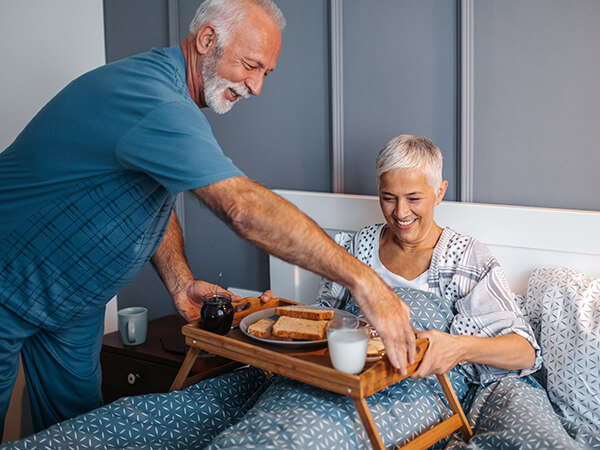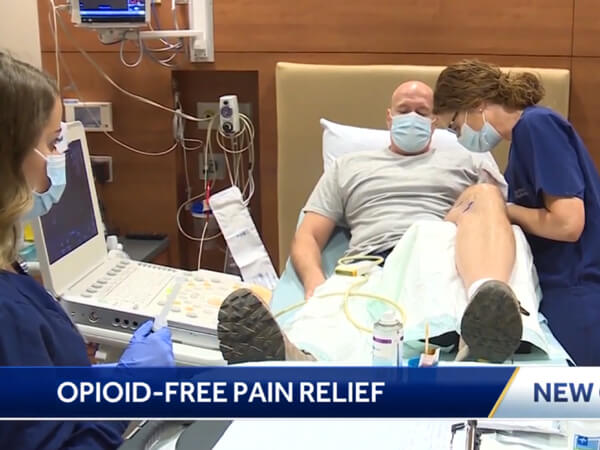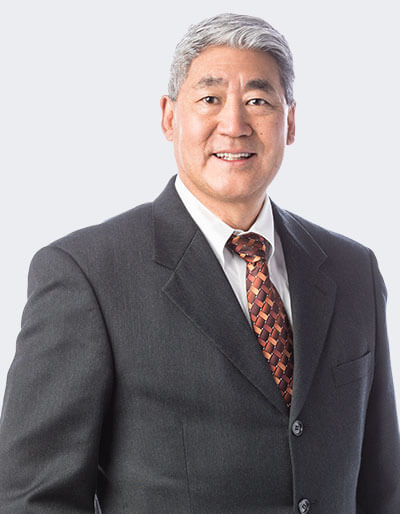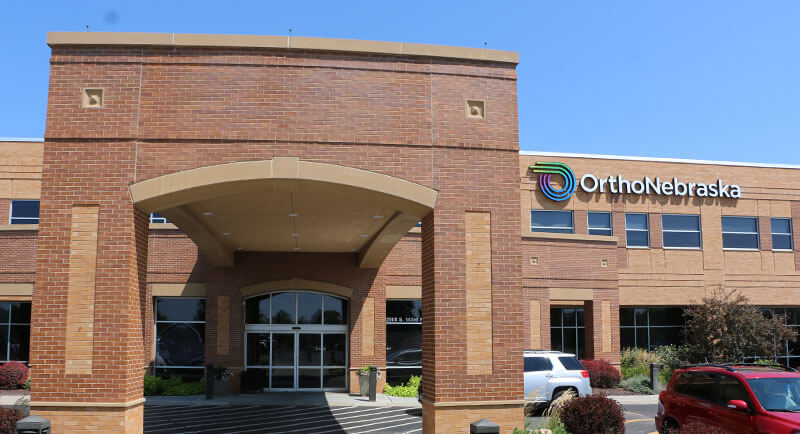What is Opioid-Sparing Joint Replacement Surgery?
Historically, opioids have been used as a front-line solution to help patients deal with the pain associated with major surgeries, including joint pain. Pain is a serious issue and in the case of joint replacement, can not only cause discomfort but impact recovery if the patient is not able to mobilize their joint properly to get through physical therapy due to pain. While opioids still serve this purpose, using multiple types of pain medications throughout the surgical workflow can achieve a similar level of pain control. This is often referred to as multi-modal pain management. While more complex to manage than simply giving opioids, this thoughtful approach is increasingly popular due to the highly publicized inherent risks of opioid medications.
Who should try Opioid-Sparing Joint Replacement Surgery?
Opioid-sparing joint replacement is an option that is highly individual and best discussed with your surgeon. Many patients are seeking to avoid any risk of developing an opioid dependency due to the highly publicized opioid epidemic. While opioids remain a safe and effective form of pain control when taken as prescribed, it is understandable that some people may prefer to avoid them.
We have received great feedback from patients on this program, and have been able to reduce our opioid prescriptions by 30 percent. However, not every surgeon will recommend this for every patient. Each patient’s health history and enthusiasm for recovery are important considerations. It is also important to consider feedback and be adaptable. Sometimes, people do not quite achieve the level of pain control they expect, and are encouraged to re-consider the use of a small dosage of opioids to help.
How does Opioid-Sparing Joint Replacement work?
There are many elements to multi-modal pain management at OrthoNebraska.
Before Surgery
You will have a prehabilitation appointment, where you will learn more about moving around before and after surgery be given an exercise protocol, and functional pain management tips and tricks.
Day of Surgery
- You will receive non-narcotic medications before surgery
- During the actual procedure, additional non-narcotic medications are given
- The type and amount of anesthesia will be taken into consideration
After Surgery
- Early joint mobility while you still have latent pain control from surgery is extremely important and will help reduce your pain in the future.
- Your physical therapy program will be specially tailored.
- Multiple pain medications will be prescribed to be taken at different times. Taken as prescribed, these will work together to achieve a similar level of pain control as opioids.
What can I expect when I get Opioid-Sparing Joint Replacement?
You can expect to be a more active participant in your care than perhaps has been your experience if you’ve had orthopedic procedures in the past. Managing pain without opioids does involve a little more effort, trust and communication between the patient and surgeon. Our team also has a surgeon, if not your surgeon, on-call 24/7 to answer any emergency questions. Luckily, OrthoNebraska is more experienced at using this pain control than anyone else in the Omaha region due to our specialized staff and hospital performing many of these procedures.


